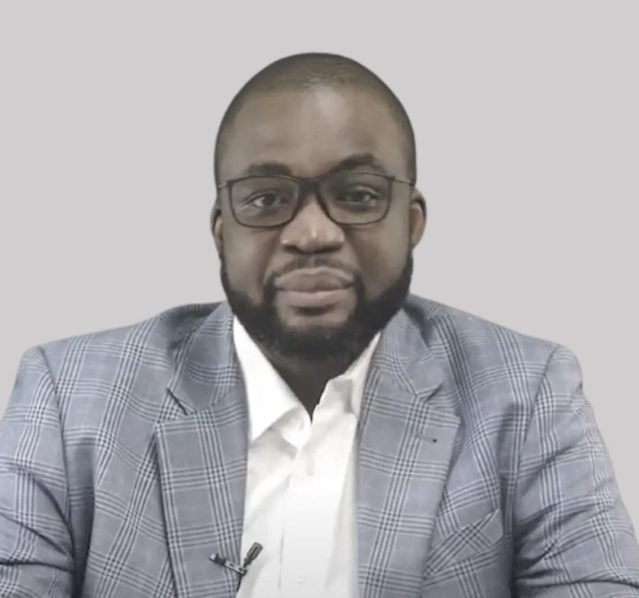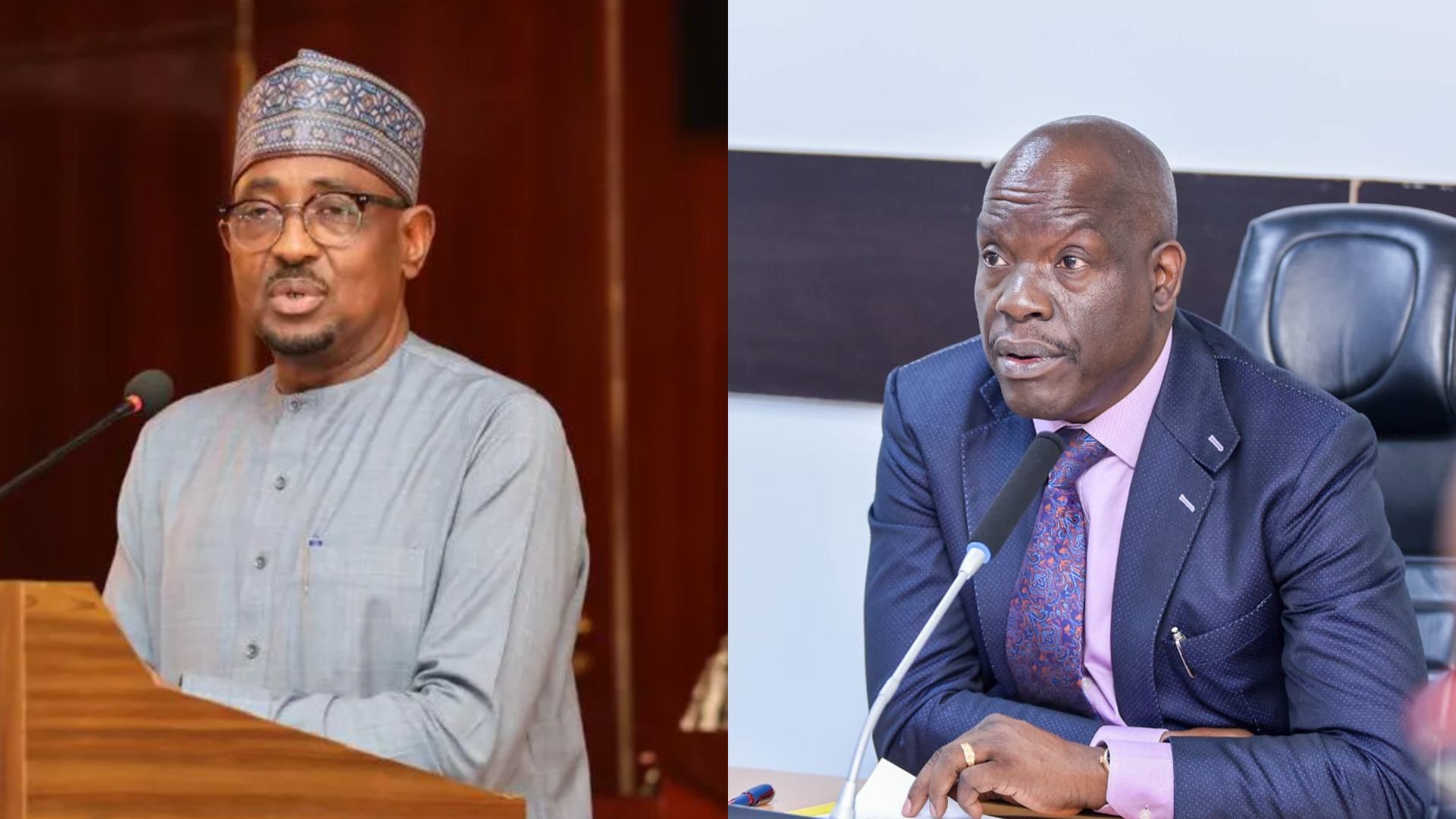
Worried by how inadequate and poor infrastructure is impeding growth and development in the developing countries, head of Infrapreneur, Project Finance Accelerator, and CEO, The African Catalyst, Femi Awofala, has called on the private sectors to collaborate with the government in funding infrastructure gap.
Awofala who spoke at the International Institute for Sustainable Development event recently, lamented that the gap challenge has limited Africa from reaching its full potential, and achieving its development goals.
He said: “This challenge has aggravated the problems of unemployment, low productivity, and poverty in the continent as a whole; affecting millions of lives, and national economies.”
African countries, he said, will need to implement strategic measures, at scale and at speed, if the continent is to meet the infrastructure demands of a projected 1,680 million population by 2030.
He, however, noted that leveraging private sector finance and investment would play a significant role in accelerating Africa’s infrastructure growth.
He said, “On the positive look, Africa’s infrastructure challenges create an endless opportunity for private investors to dabble in, while making their money and equally contributing to the continent’s development. However, the potential of this opportunity is yet to be fully realized as the rate of infrastructure projects engaged by private investment remains really low.
“This is majorly as a result of shortage of bankable projects, low-risk appetite among investors, environmental problems, poor governance practices, economic instability, and weak, and sometimes unstable, regulatory framework.
“Inadequate experience of project sponsors and infrapreneurs, poor financial modeling, as well as inappropriate contract design has also largely stood in the way of private financing in Africa’s infrastructure development.”
Awofala further identified that, “We need to invest in the future and build the infrastructure we need to grow, and thrive in the coming years. We need to scale up the rate of infrastructure developments in Africa now, more than ever. As a catalyst, this is what we aim to achieve with our platform.
“We empower infrapreneurs, and enablers in the industry by providing the necessary knowledge, skills, and resources needed in the facilitation and deployment of infrastructure investment, from inception to financial close. Part of what we do is organize an infraprenuers programme every year designed to assist infrapreneurs to fully understand the practical techniques, skills, and models needed to analyze, structure, negotiate, and ultimately ensure the successful completion of project-backed financings.”






